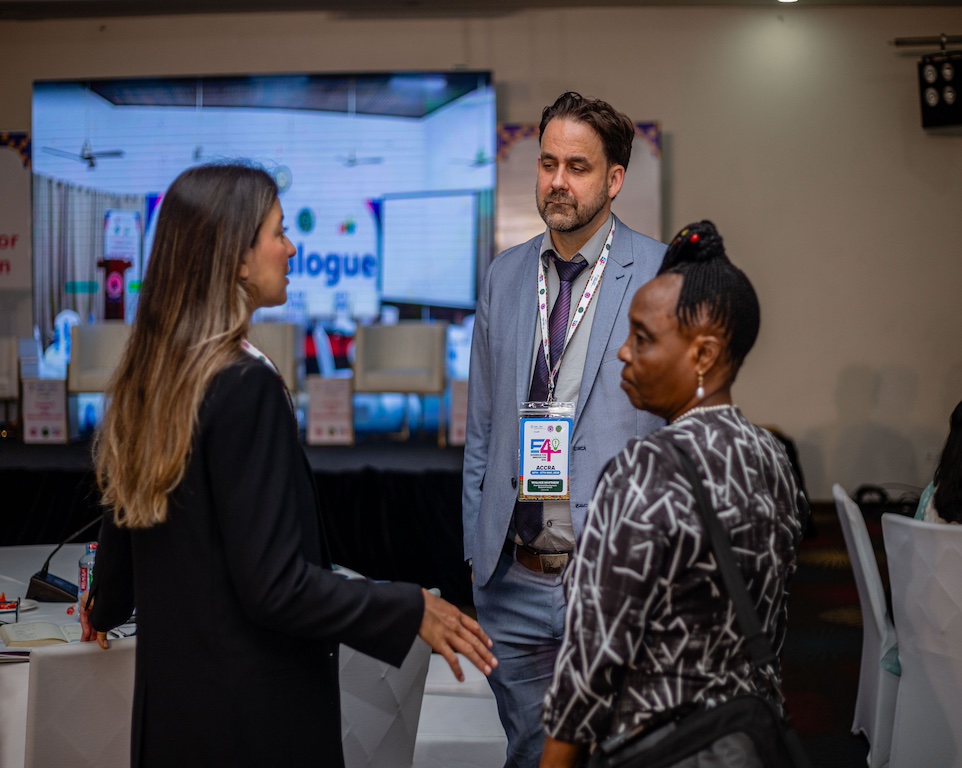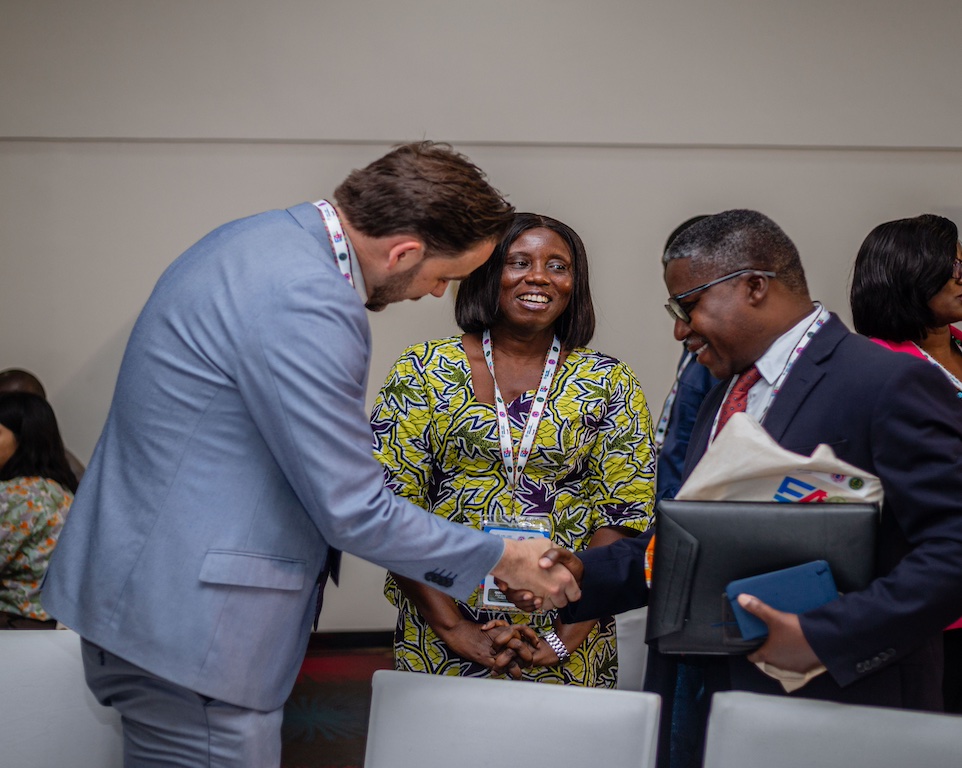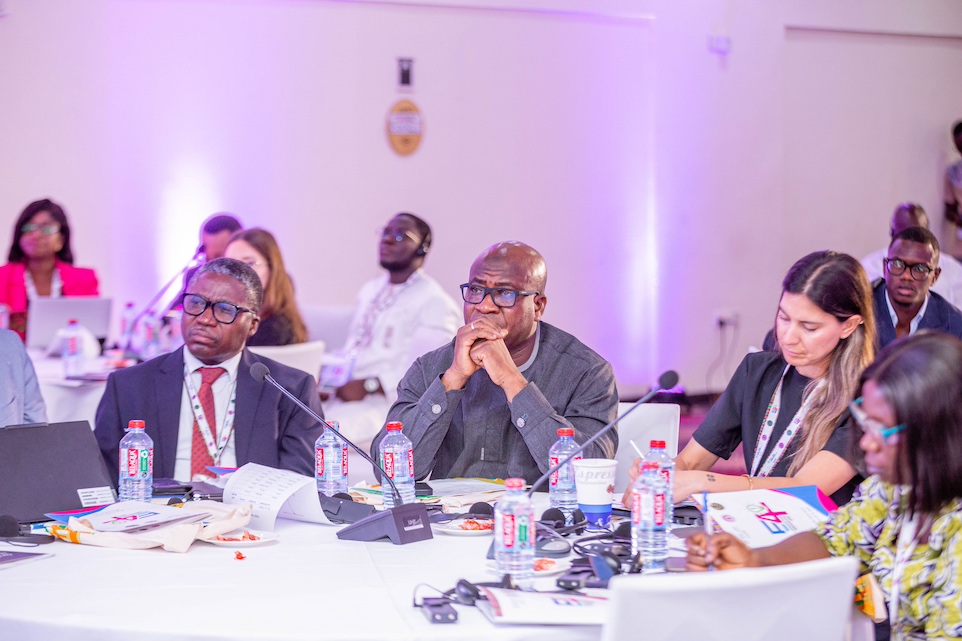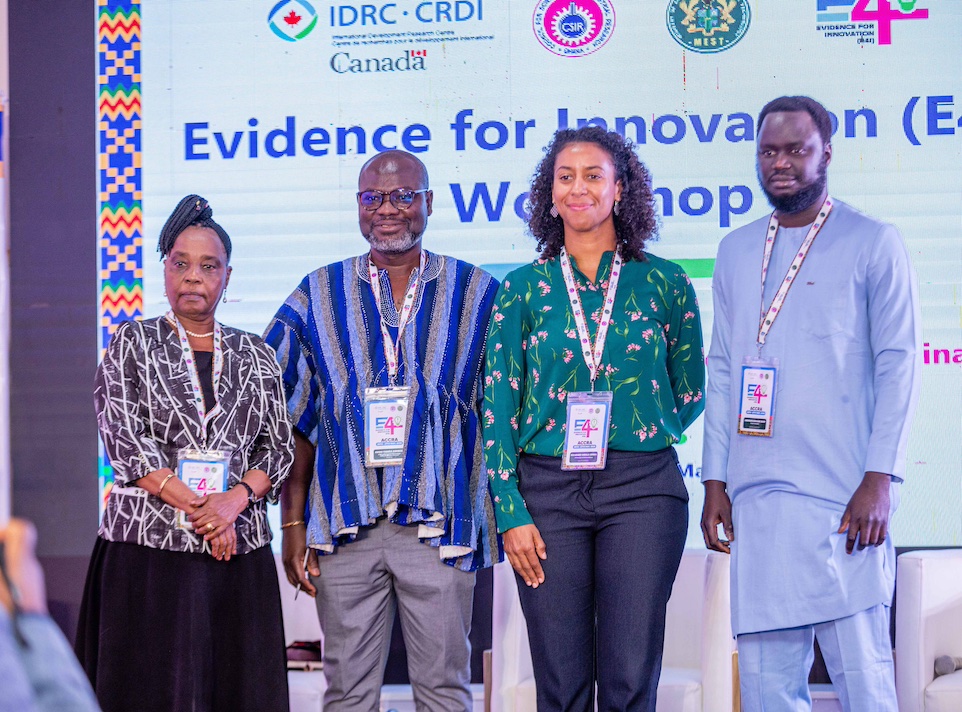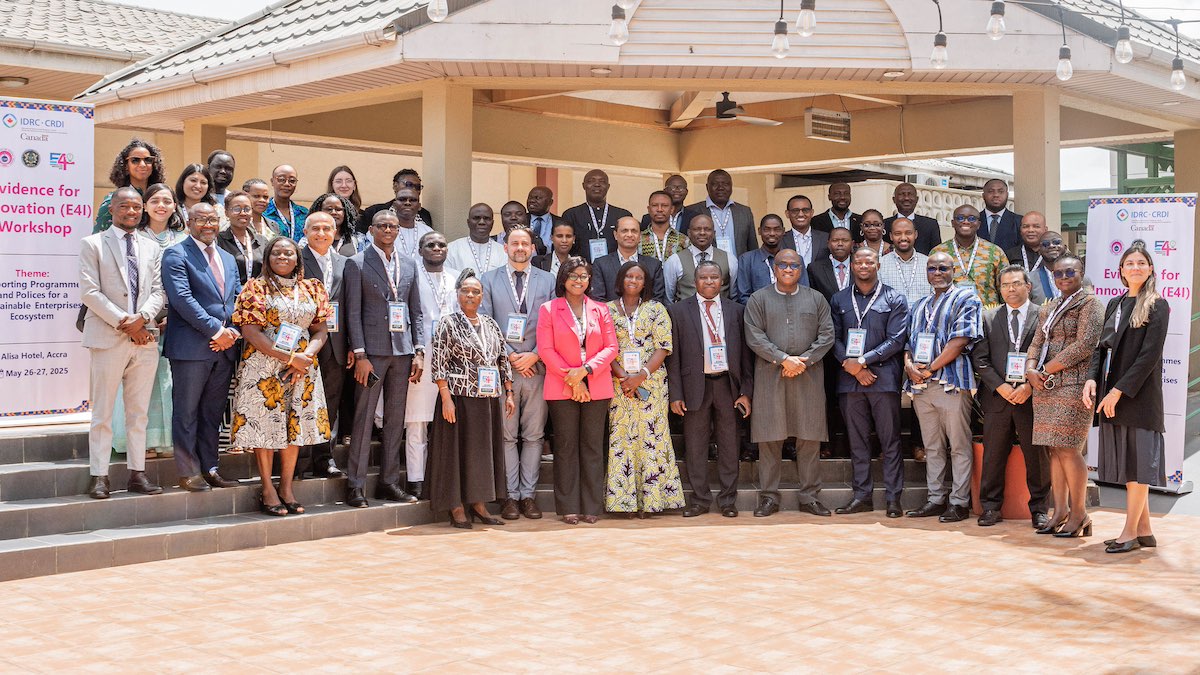
This week, the Science and Technology Policy Research Institute of the Council for Scientific and Industrial Research (CSIR-STEPRI) played host to a dynamic gathering of policy thinkers, researchers, and innovation leaders from across Africa, Asia, and beyond. The Evidence for Innovation (E4I) Workshop, held at the Alisa Hotel from May 26–27, 2025, brought together 58 participants from 14 countries to explore one central question: How can we use evidence to build more inclusive, impactful innovation policies for MSMEs?
Organised by CSIR-STEPRI in partnership with the International Development Research Centre (IDRC), the two-day workshop was not just another conference. It was a vibrant learning space where ideas, experiences, and challenges were shared freely across borders, sectors, and disciplines.
In her closing remarks, Dr Wilhemina Quaye, Director of CSIR-STEPRI, captured the spirit of the event:“We’ve seen the power of co-creation here. What happens next depends on how we nurture this energy into concrete collaboration, policy shifts, and impact.”
What We Learned
From the very start, the workshop felt different. Policymakers sat side-by-side with researchers and startup/innovation agency leaders. It was a melting pot of perspectives—exactly what’s needed when tackling issues as complex as innovation and MSME development.
Key themes that emerged included:
- The evolving role of Innovation Agencies and the urgent need for stronger institutional frameworks;
- The importance of inclusive approaches, especially for youth, women, and persons with disabilities;
- The need for coherent policy ecosystems that reduce duplication and enable knowledge diffusion;
- A call to embed digital transformation, STI, and industrialisation into national development agendas.
Participants also discussed how shrinking fiscal space and changes in donor priorities mean we must be smarter about what we fund—and base those choices on what works.
A Truly Global Conversation
While Africa was the geographic focus, the conversation didn’t stop there. Speakers from Bangladesh and Nepal reminded us that innovation challenges are global, and so are the solutions. A representative from the UN Technology Bank shared global insights on technology needs assessments and policy readiness, adding a valuable global layer to the dialogue.
What’s Next? From Ideas to Action
This wasn’t a talk-shop. Concrete plans emerged—among them:
- Joint research papers across project teams;
- Development of policy and media briefs for use in national and regional engagement;
- Establishment of network and writing circles to respond to new calls for proposals; and
- Plans for a Pan-Africa and Asia Community of Practice for generating evidence for innovation.
There was also strong alignment with ongoing programmes such as the Mastercard Foundation-UNDP Young Africa Innovates initiative, GIZ-supported green entrepreneurship work, and Global Affairs Canada’s innovation partnerships.
Closing Thoughts
If one thing was clear by the end of the workshop, it is this: evidence matters. But evidence alone isn’t enough. It needs to be shared, translated, and used—by the right people, at the right time, and in the right format. That’s what the E4I Workshop was all about.
We are grateful to IDRC, Canada for the generous financial support and to everyone who made the journey to Accra—and even more excited about the work that lies ahead. Here’s to turning shared insights into smarter policy, stronger ecosystems, and better outcomes for innovators and entrepreneurs across Africa and Asia.
Stay connected. The E4I community is only just getting started.
By Gordon Akon-Yamga
Caregories
Must Read
Connect
Stay With Us
news and upcoming events

